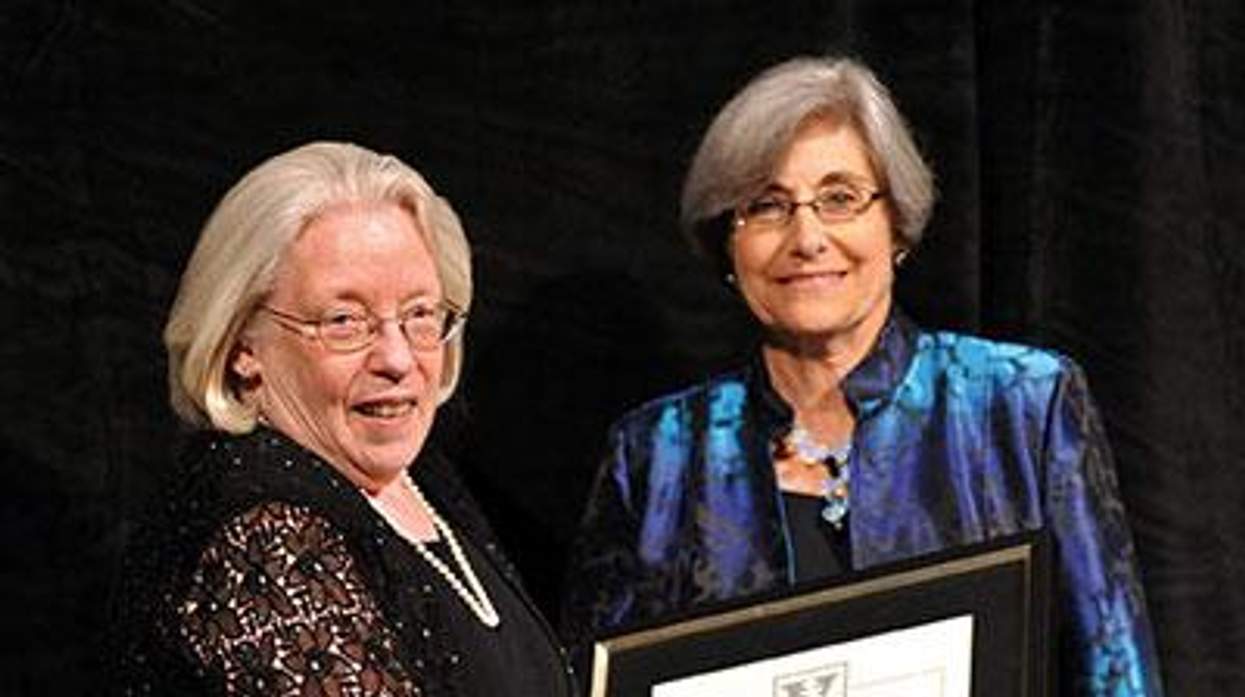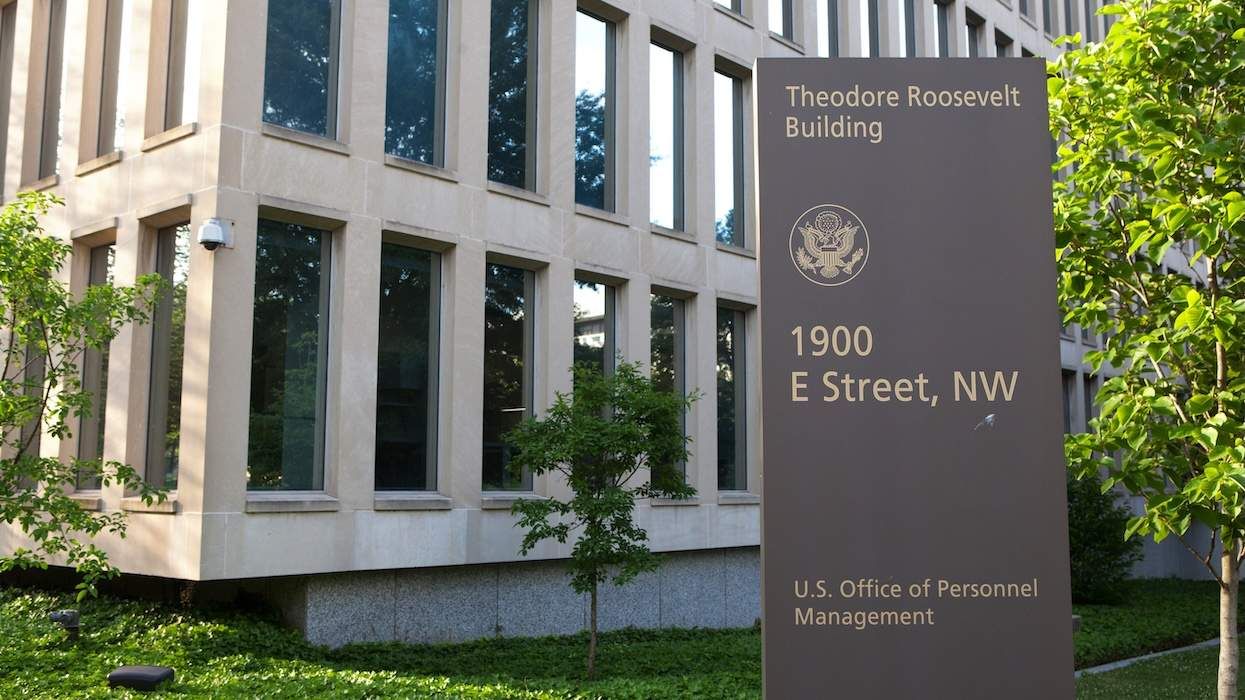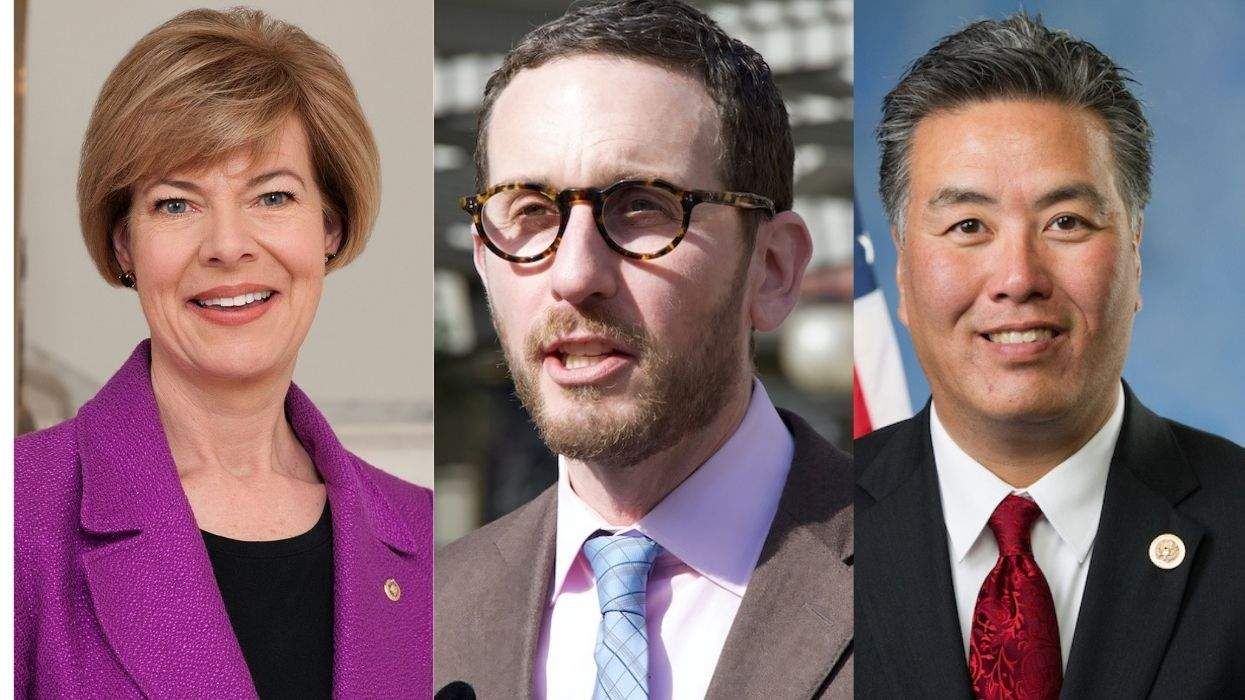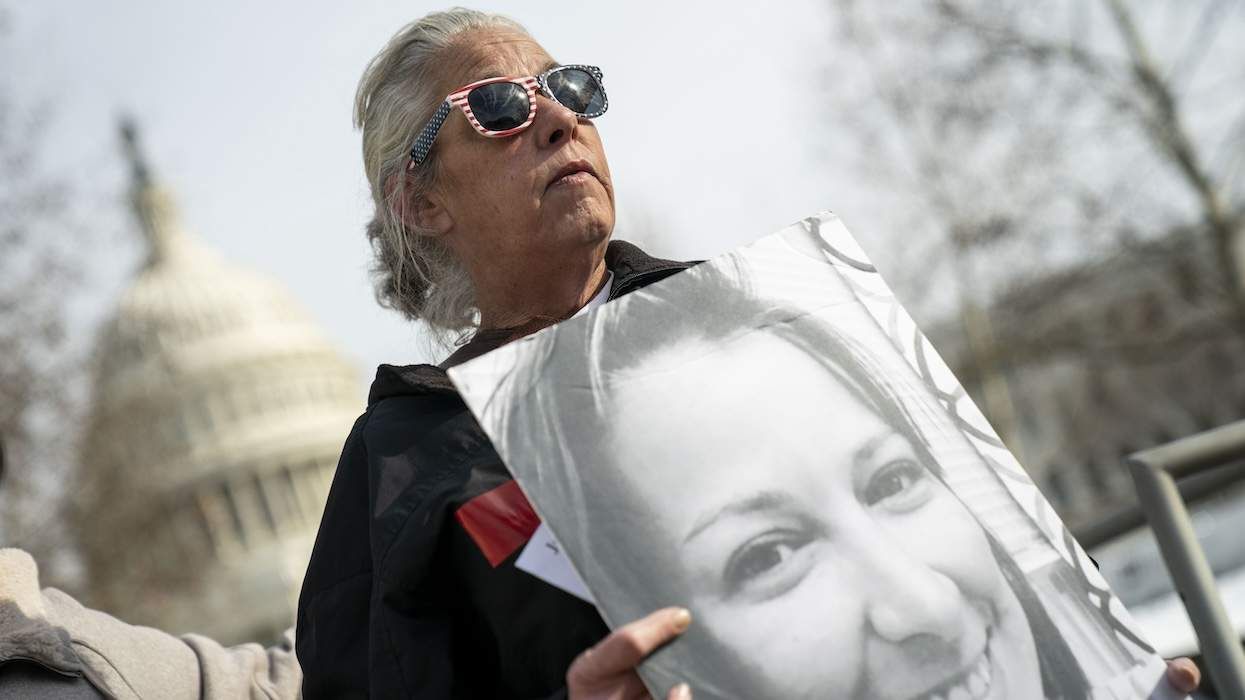Two of the three federal appeals court judges hearing arguments on same-sex marriage cases from four states appeared to express sympathy for the pro-equality side today, with one saying there have been no catastrophic consequences in the decade since Massachusetts became the first marriage equality state in the U.S.
"It doesn't look like the sky has fallen," said Martha Craig Daughtrey, one of the three judges from the U.S. Court of Appeals for the Sixth Circuit hearing the cases, according to a report from MLive.com.
Daughtrey, Jeffrey S. Sutton, and Deborah Cook convened at the federal courthouse in Cincinnati to consider arguments involving marriage bans in Kentucky, Michigan, Ohio, and Tennessee. Officials from all four states are appealing pro-marriage equality rulings that came at the U.S. district court level.
Daughtrey and Sutton "seemed prepared to rule against bans on same-sex marriage," the Washington Blade reports, while Cook "was relatively quiet, but appeared poised to rule in favor of the laws," leading the Blade to predict "a 2-1 decision in favor of marriage equality." The Associated Press made a similar prediction about Daughtrey's and Cook's rulings, but noted that Sutton "is known for being unpredictable."
He had probing questions for both sides in the cases, and he expressed doubt that the courts are the proper place to fight for marriage rights. "I would have thought the best way to get respect and dignity is through the democratic process," he said, according to the AP.
Daughtrey countered his argument, using women's efforts to obtain voting rights as an example. "Do you have any knowledge of how many years I'm talking about, going into every state, every city, every state board of elections, for 70 years?" she said. "It didn't work. It took an amendment to the Constitution."
Their exchange was similar to that of Michigan's solicitor general, arguing for the state's ban, and the attorney representing the plaintiffs in that case. "The most basic right we have as a people is to decide public policy questions on our own," said the solicitor general, Aaron Lindstrom, while plaintiffs' attorney Carole Stanyar said the courts sometimes must intervene to protect minorities. "The Michigan marriage amendment gutted the democratic process," she said.
It's not known when the court will issue its ruling. There has been an unbroken string of pro-equality rulings in federal and state courts in the year since the Supreme Court struck down a key section of the U.S. Defense of Marriage Act, including three at the federal appellate level. Those three, involving marriage bans in Utah, Oklahoma, and Virginia, are now being appealed to the U.S. Supreme Court, which could decide either to hear the cases or let the appellate decisions stand.
The next appeals court hearings will be August 26 at the Seventh Circuit in Chicago, regarding bans in Wisconsin and Indiana, and September 8 at the Ninth Circuit in San Francisco, on cases from Idaho and Nevada.




































































Charlie Kirk DID say stoning gay people was the 'perfect law' — and these other heinous quotes